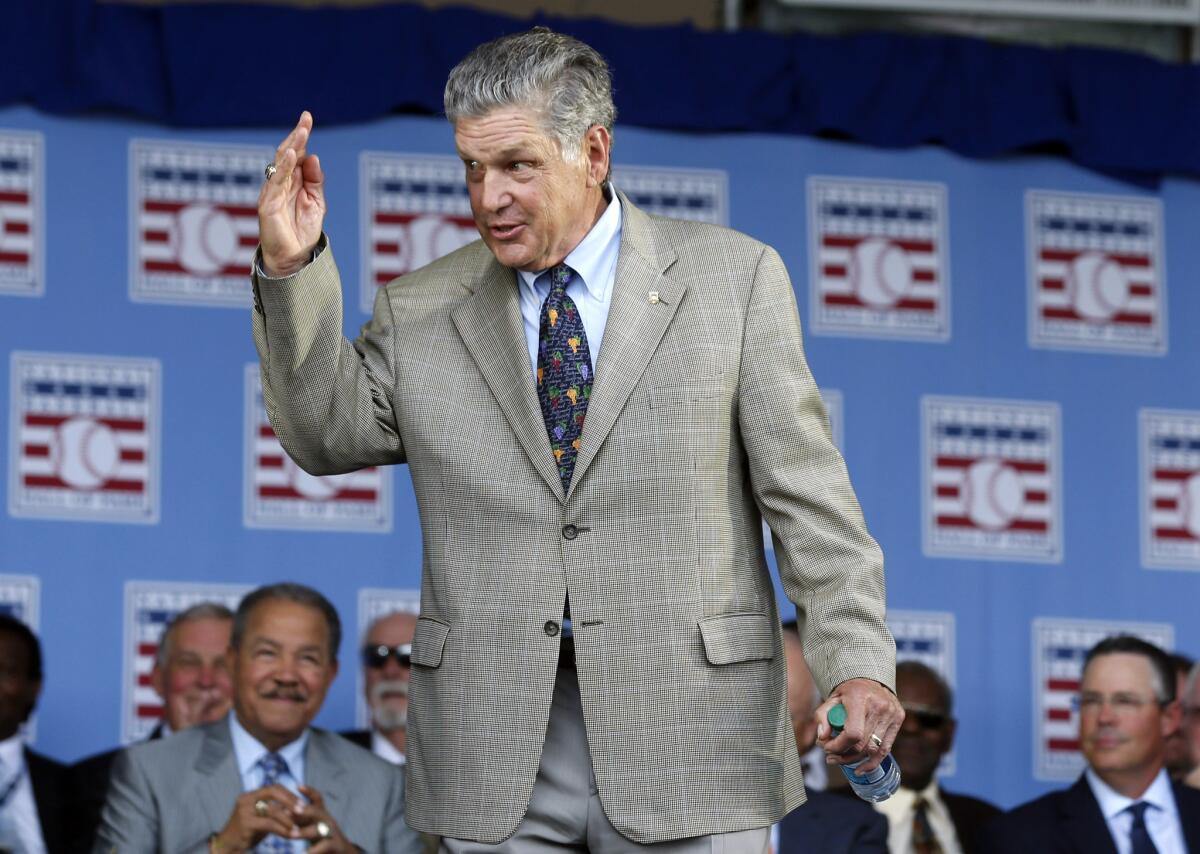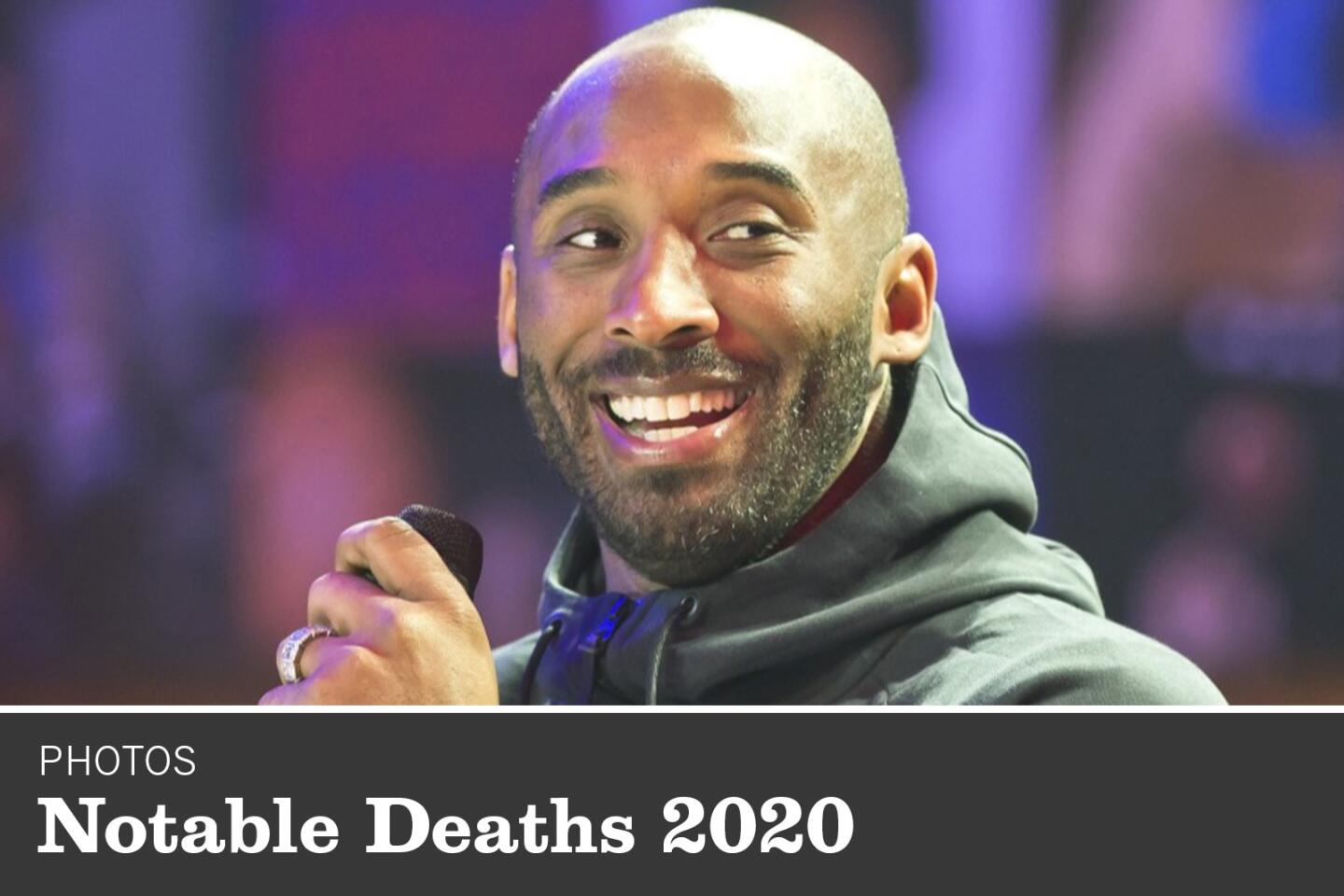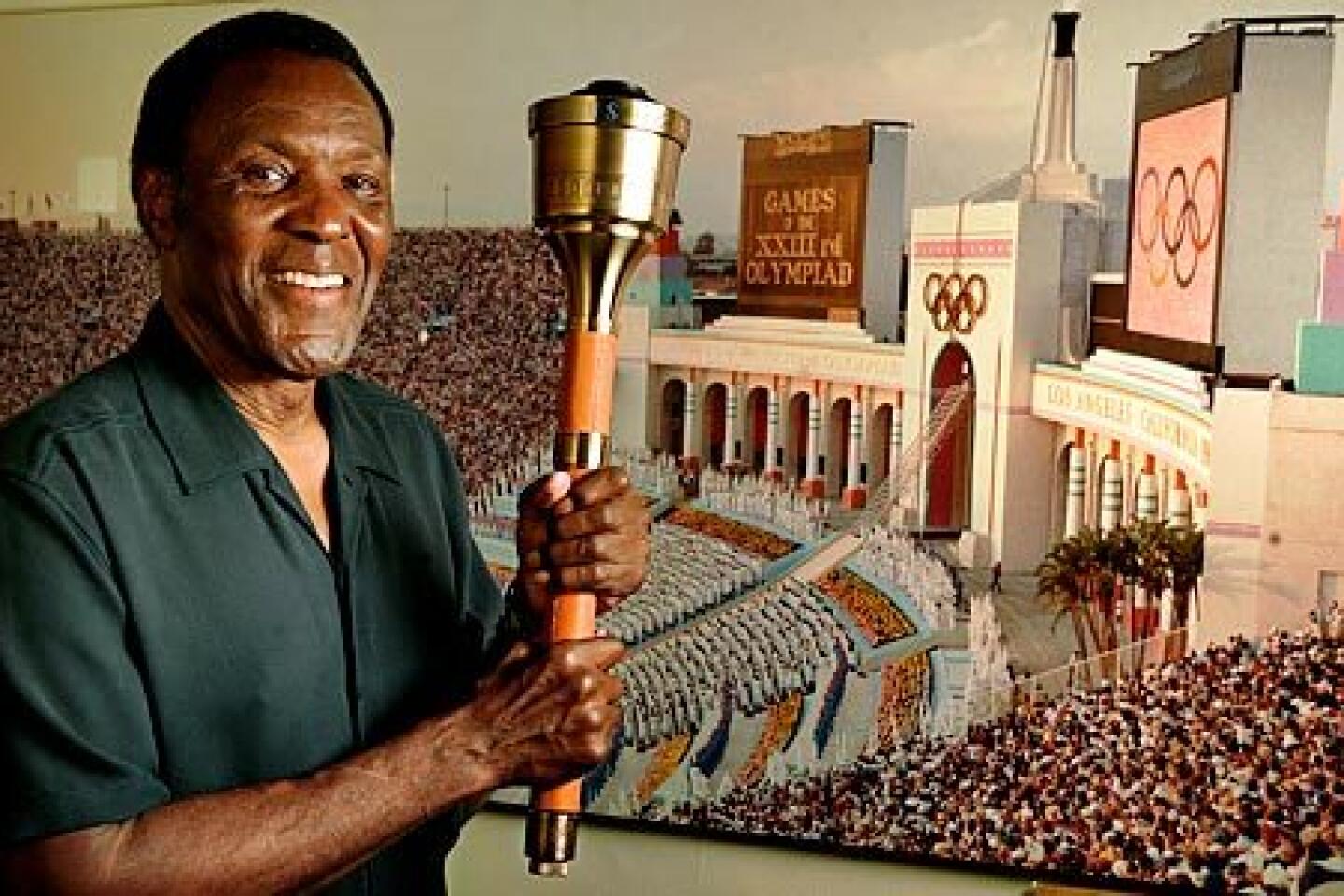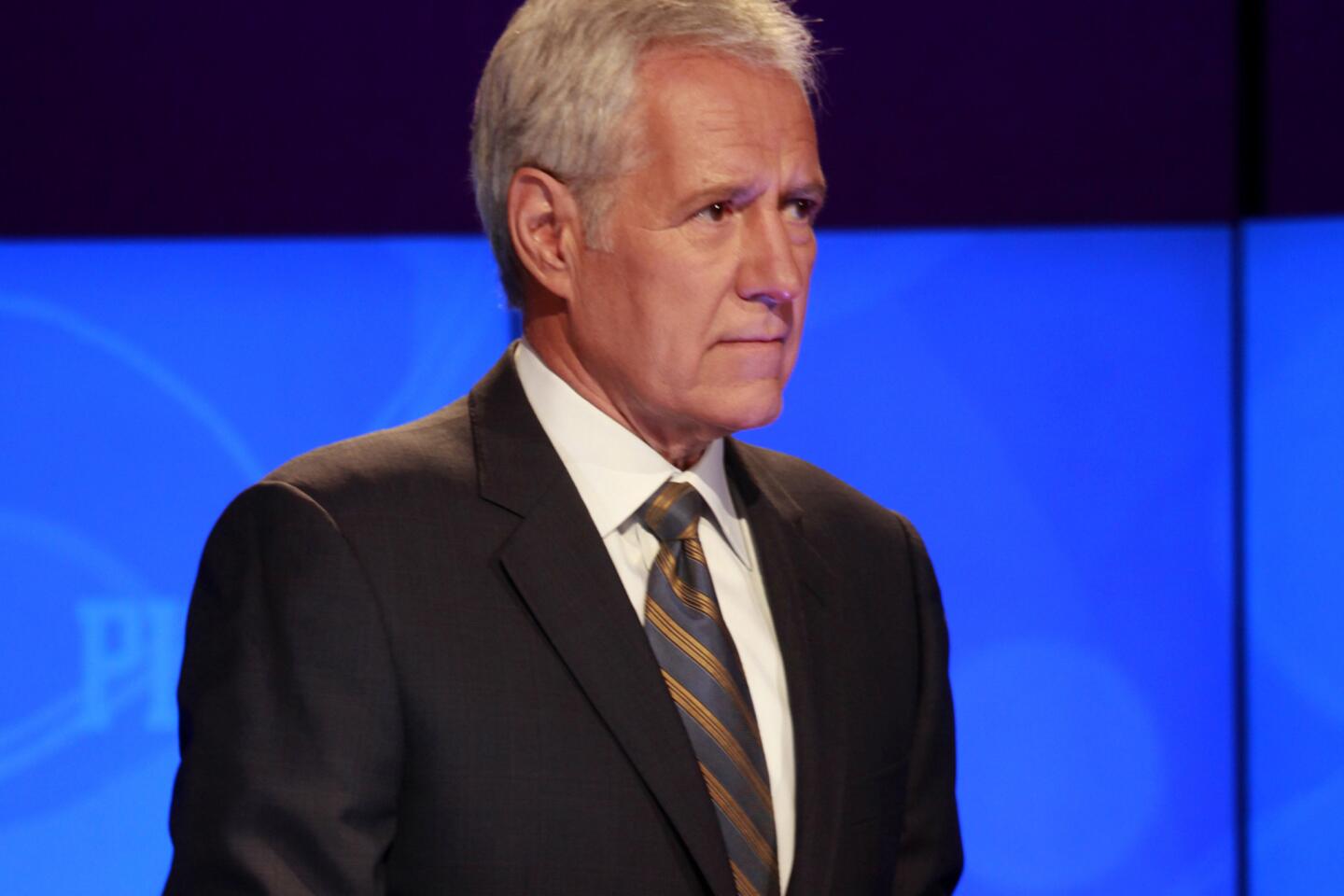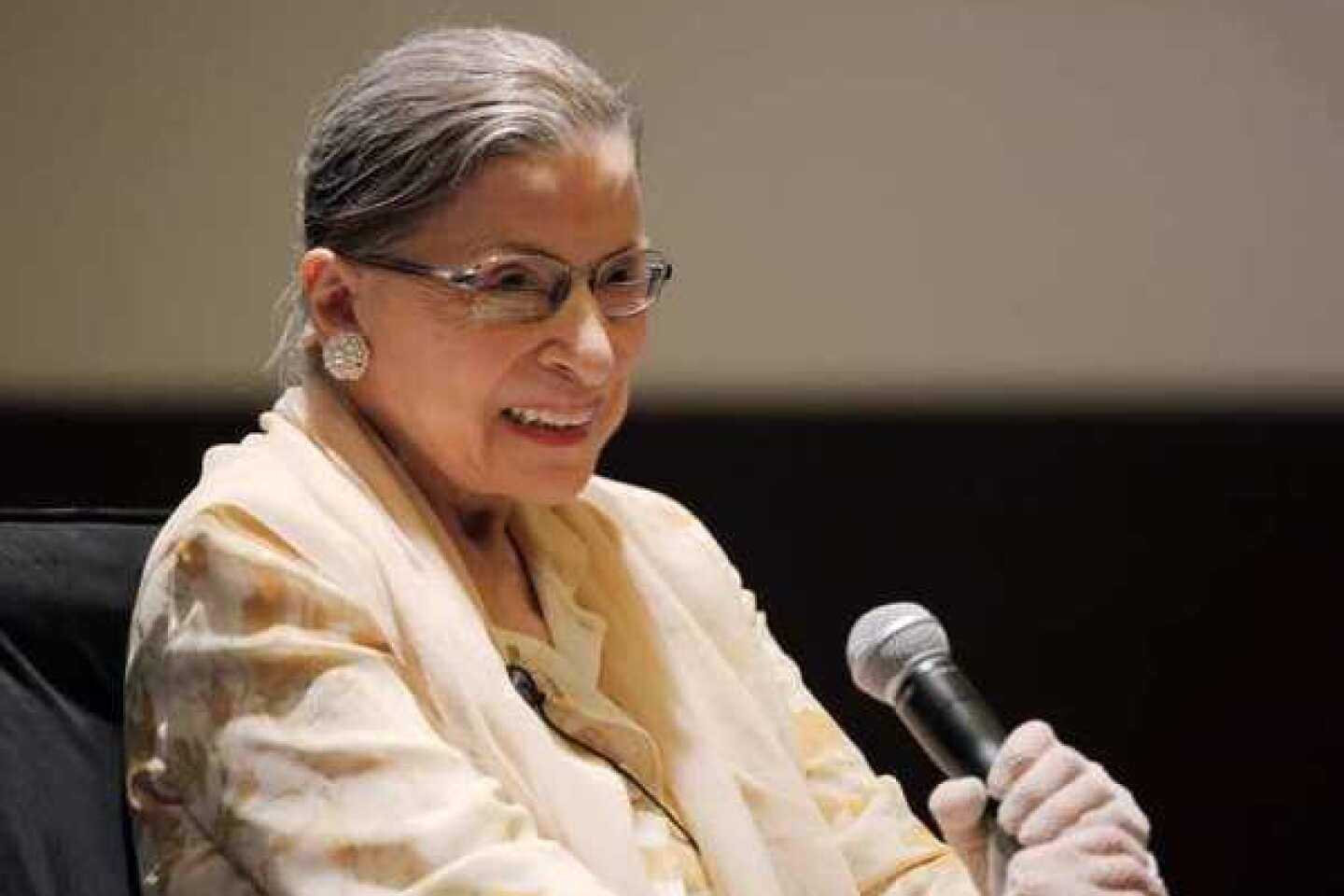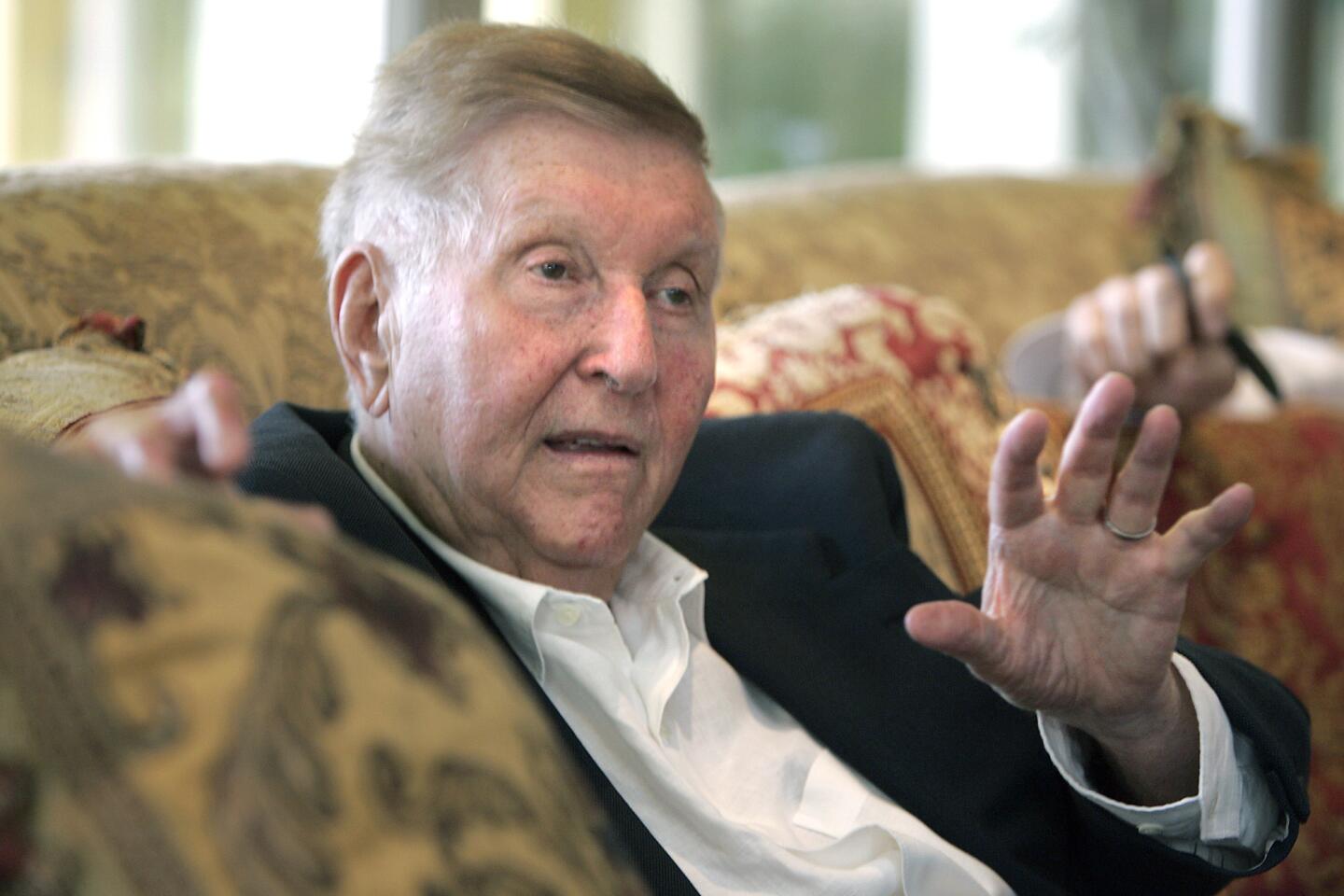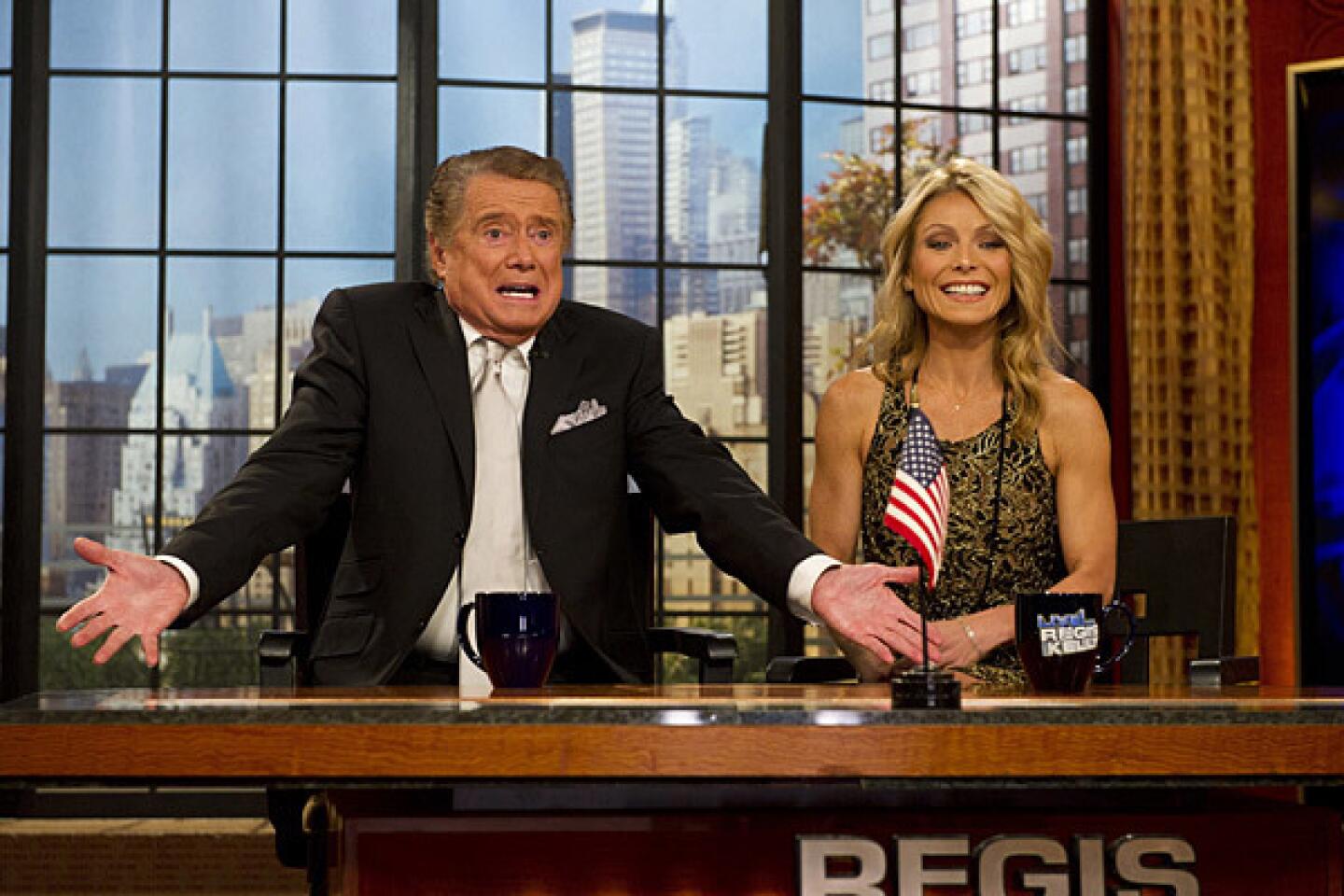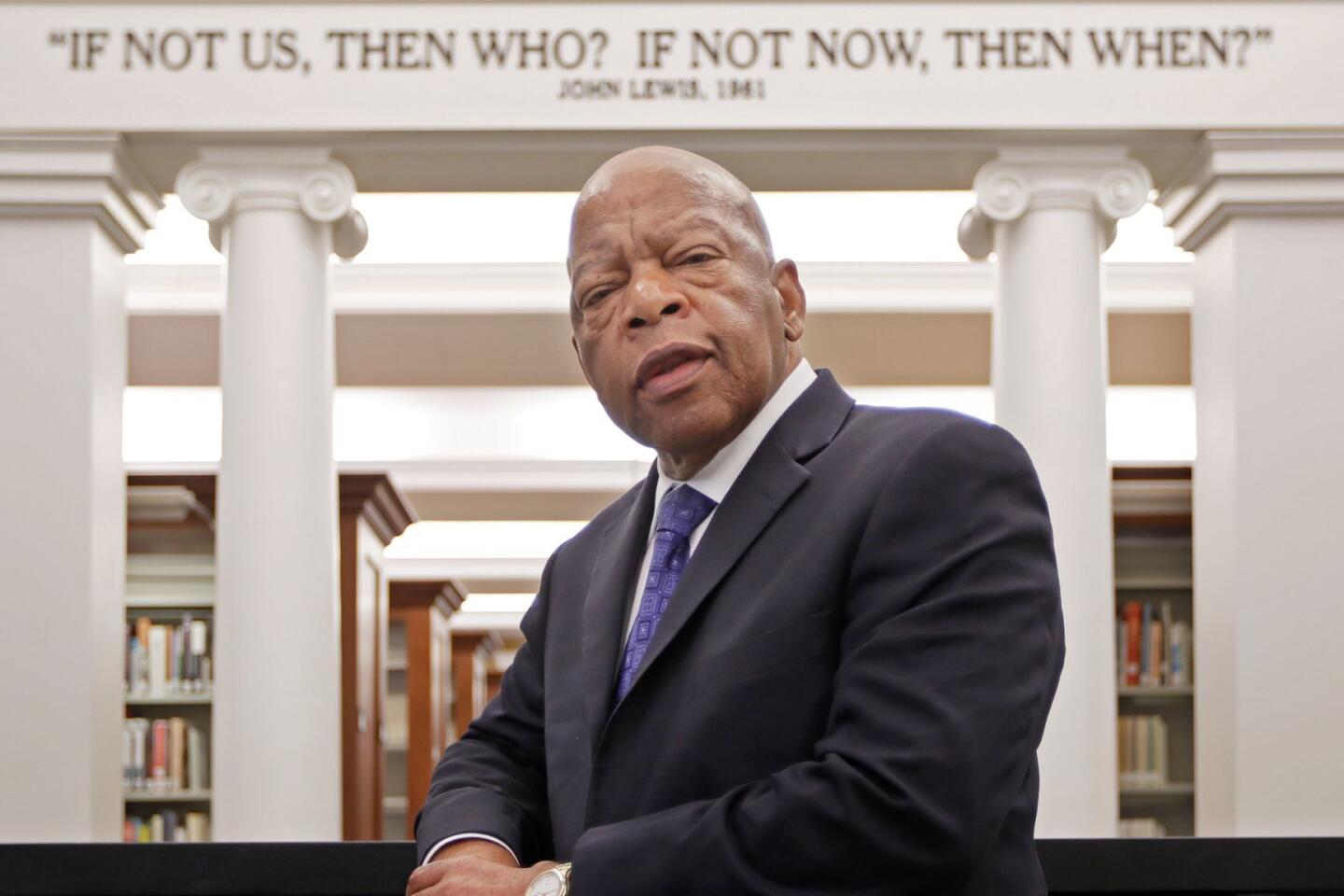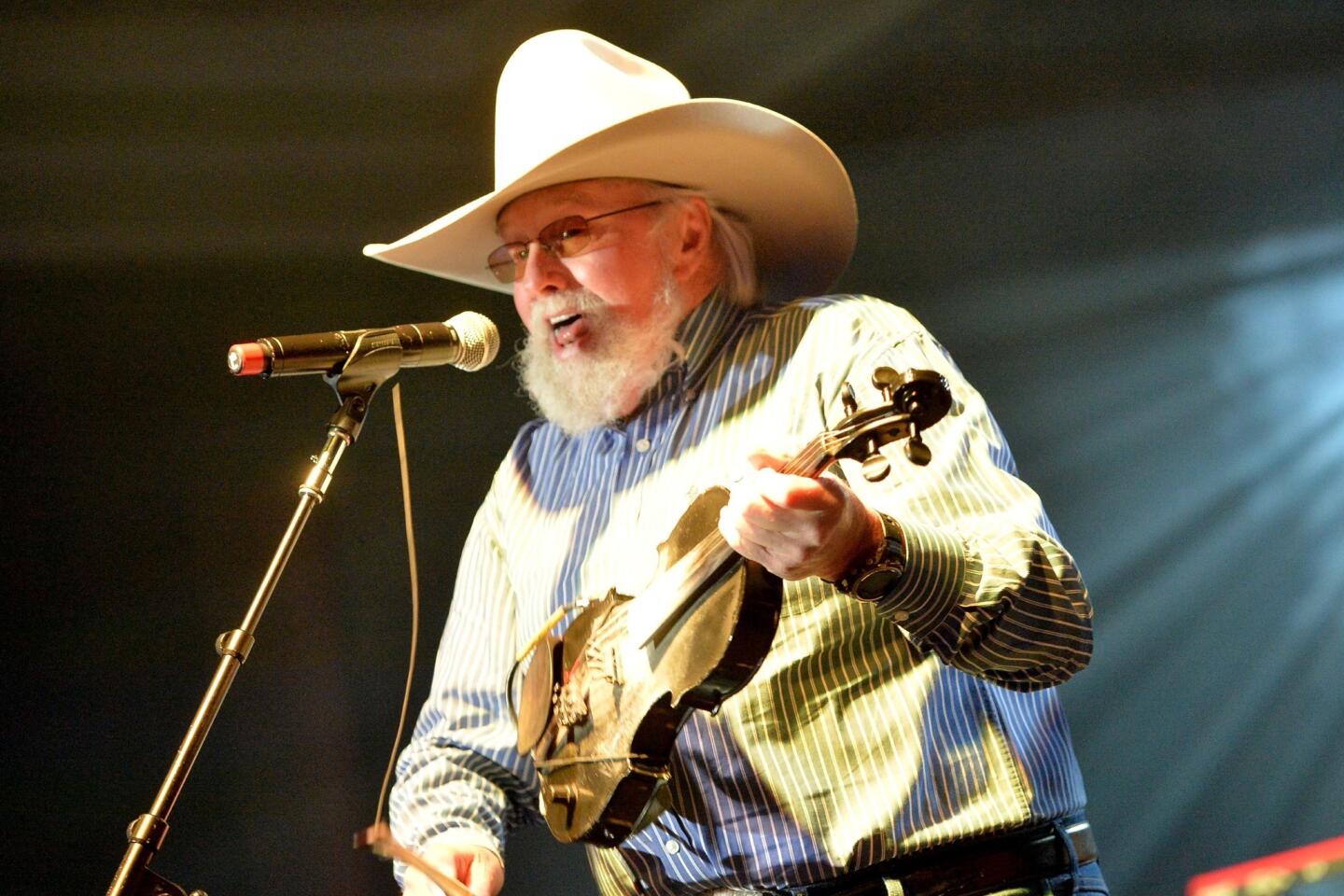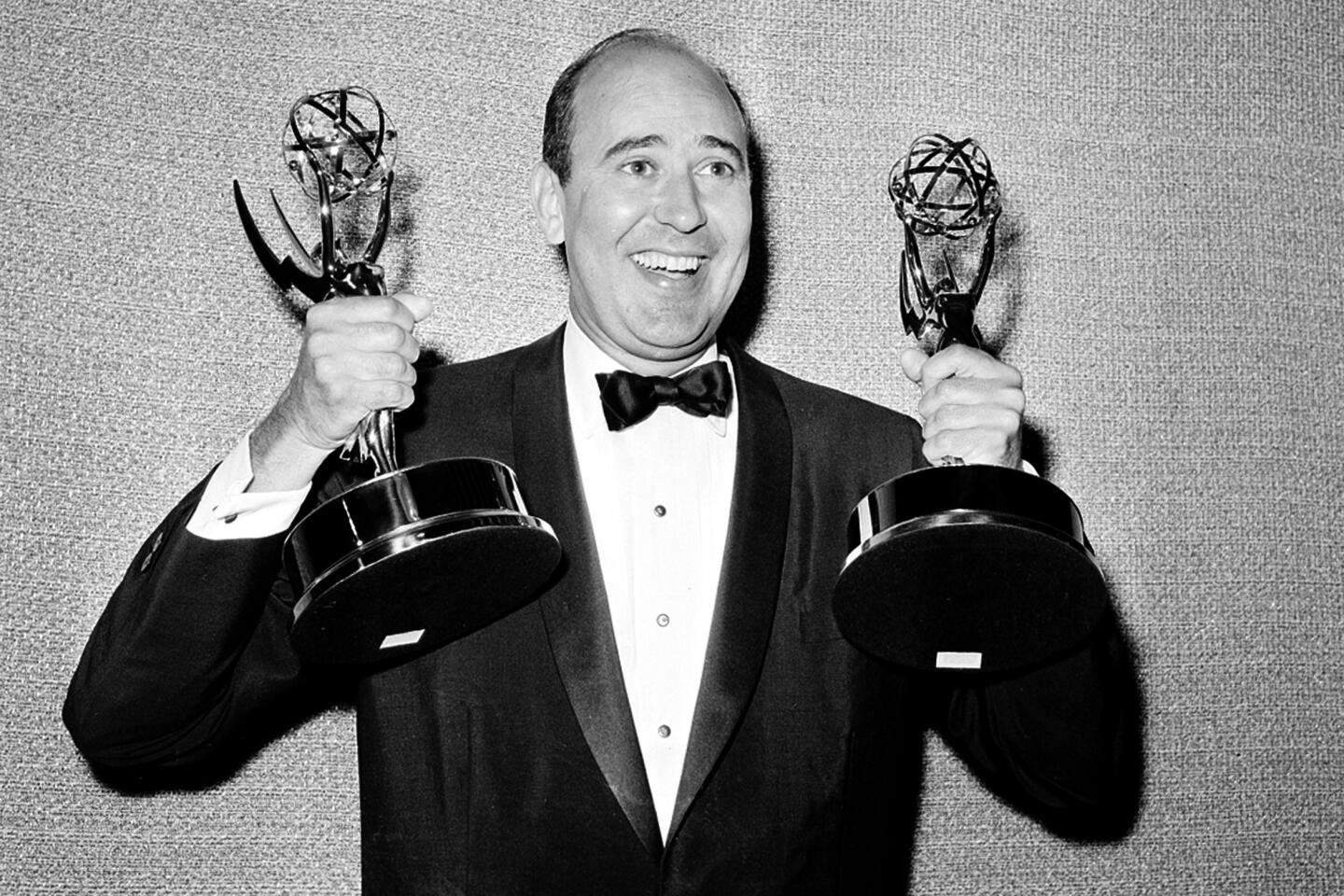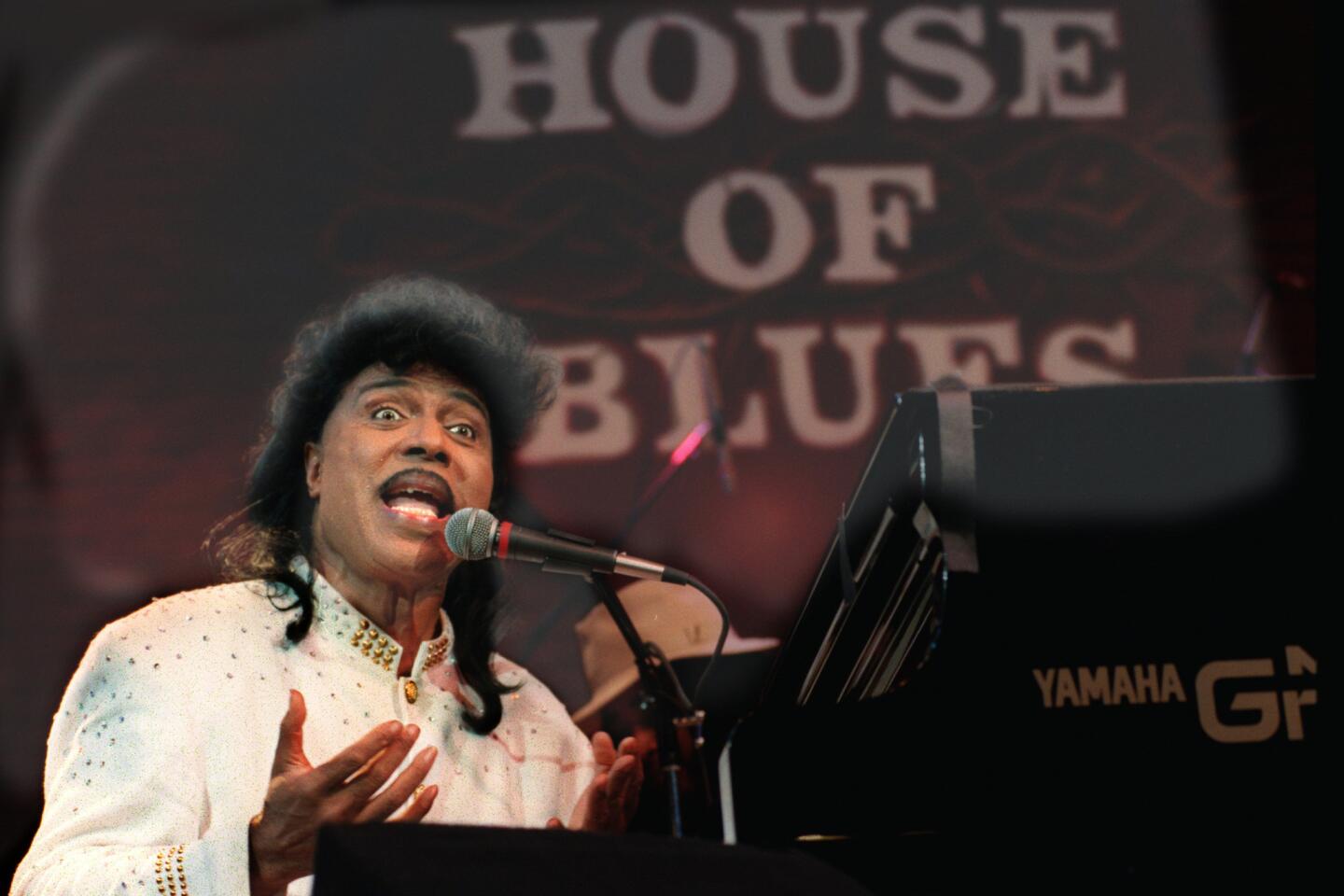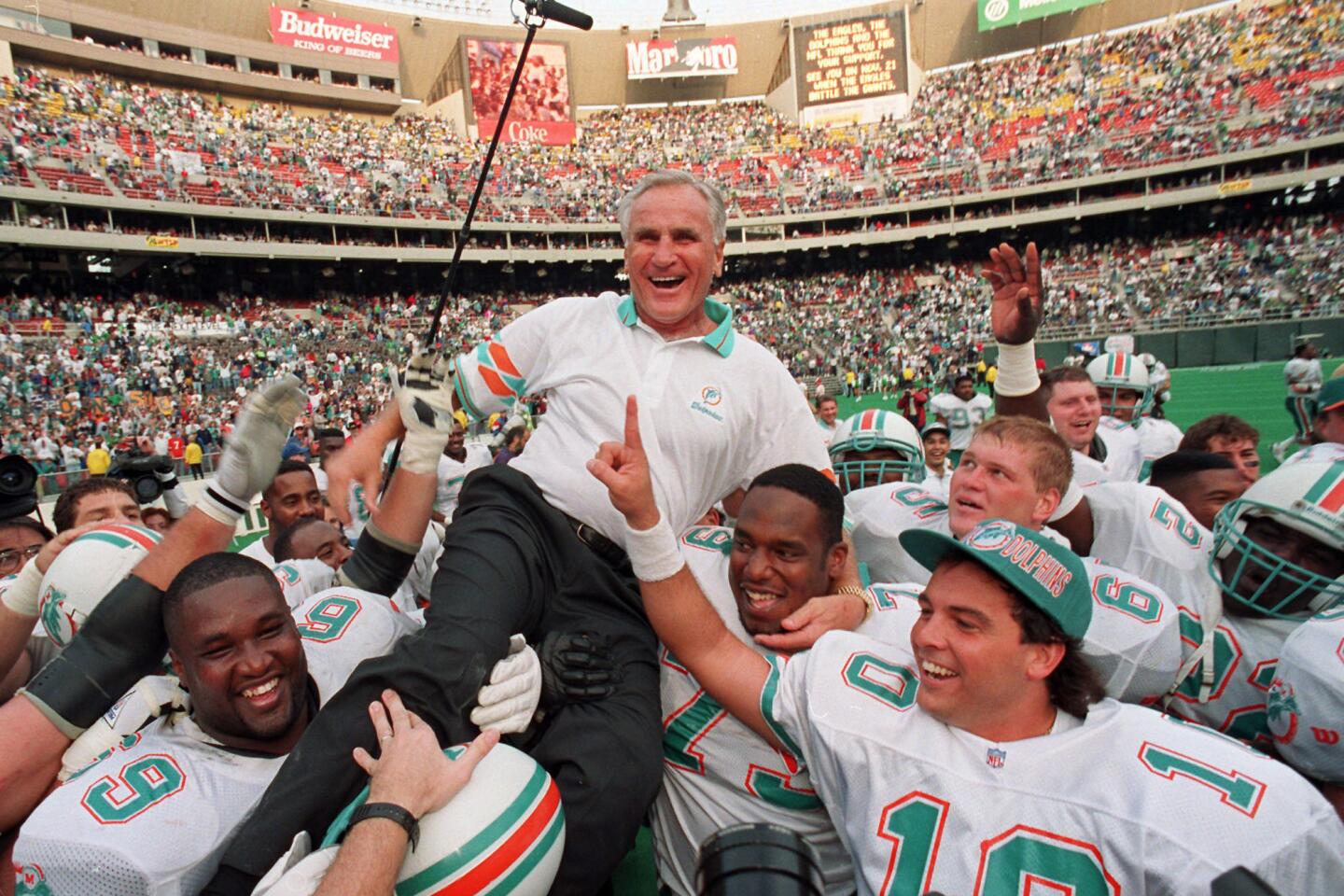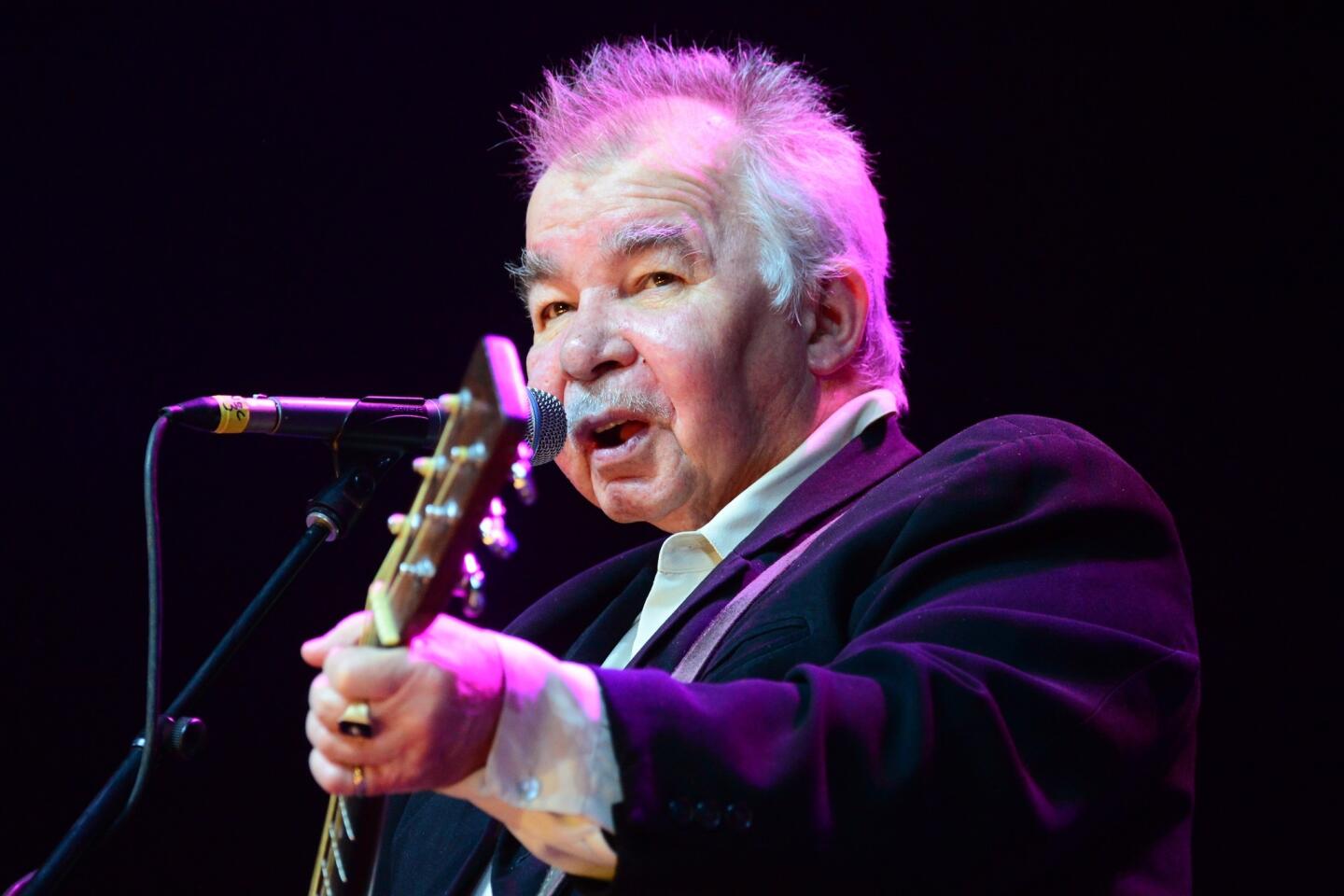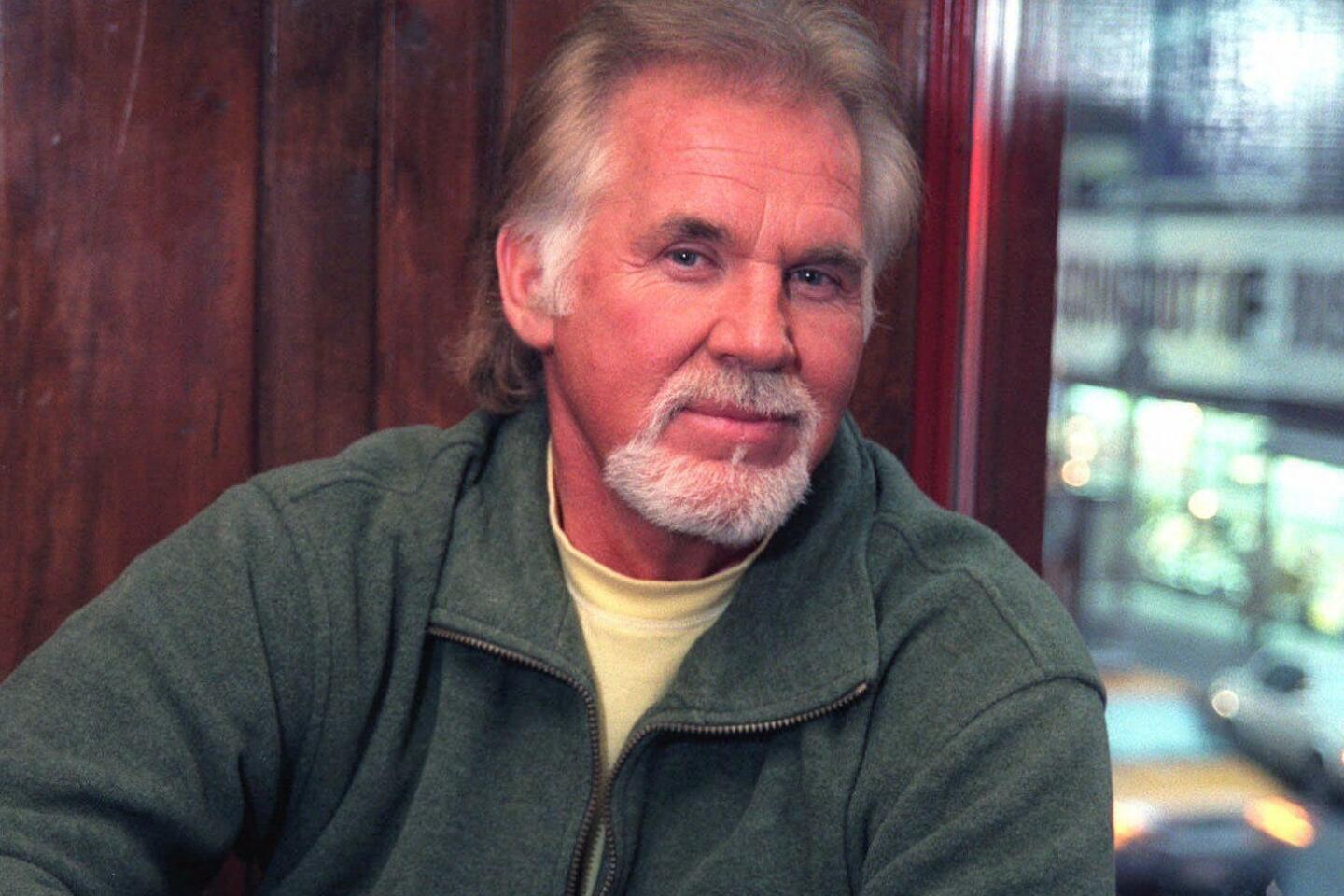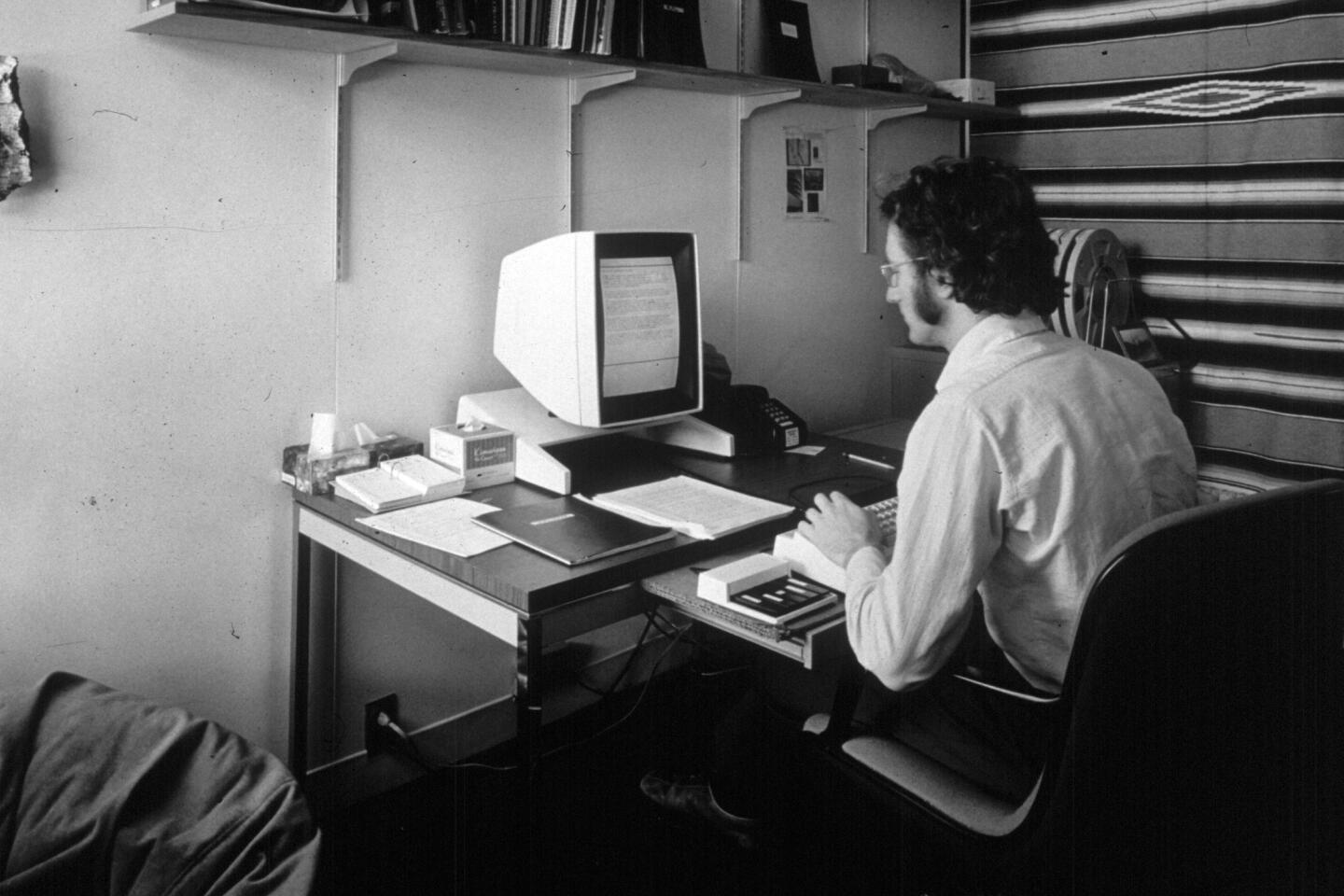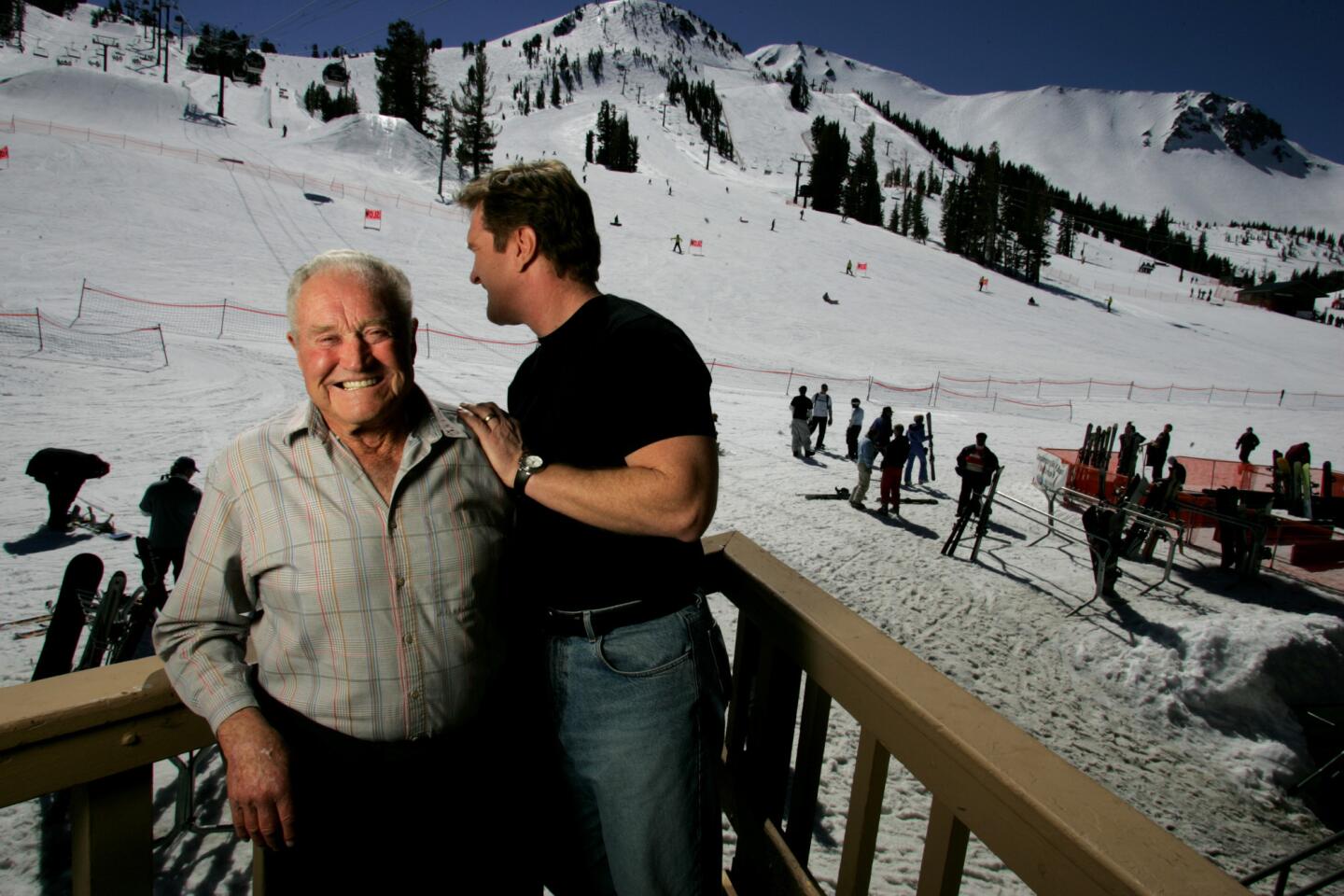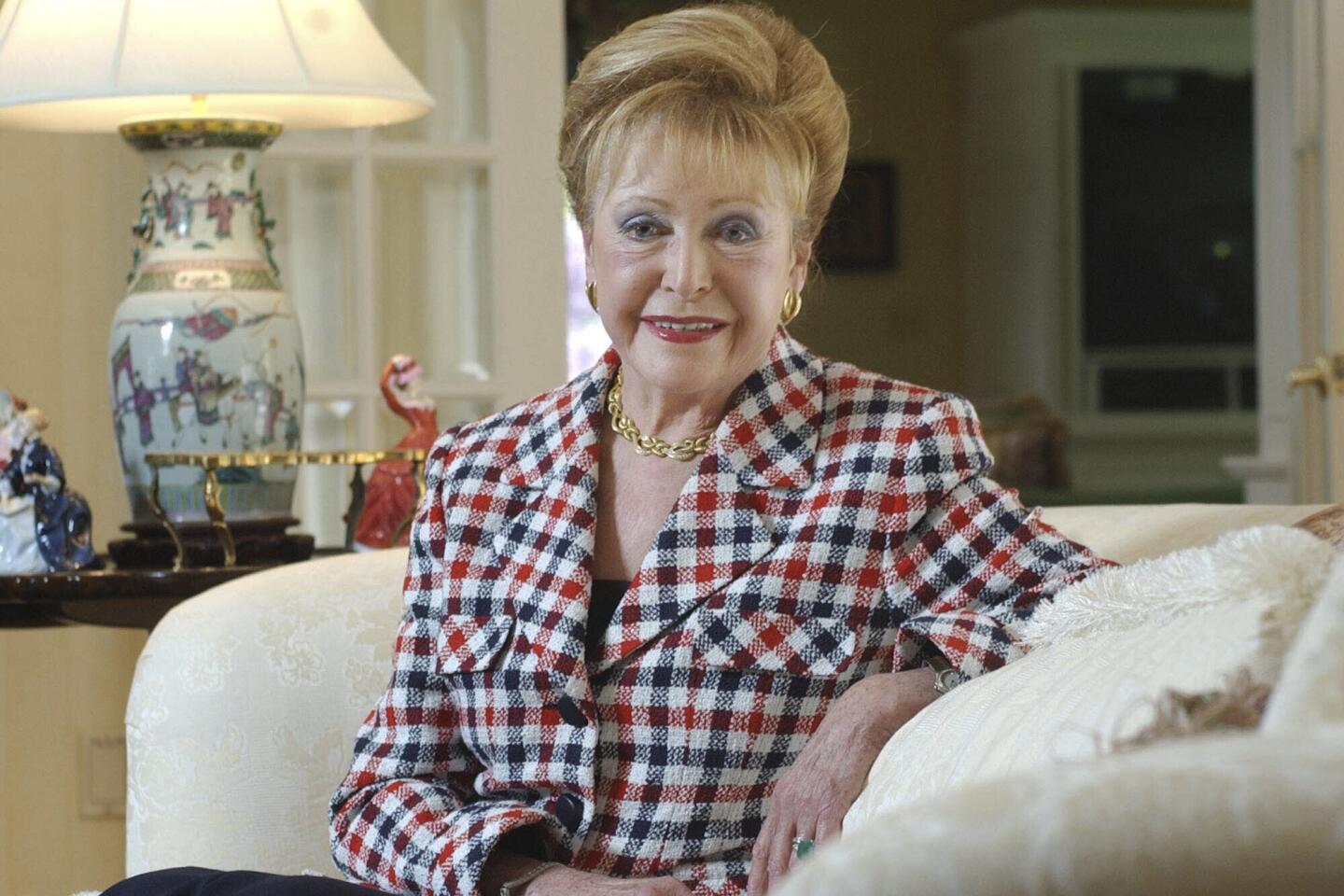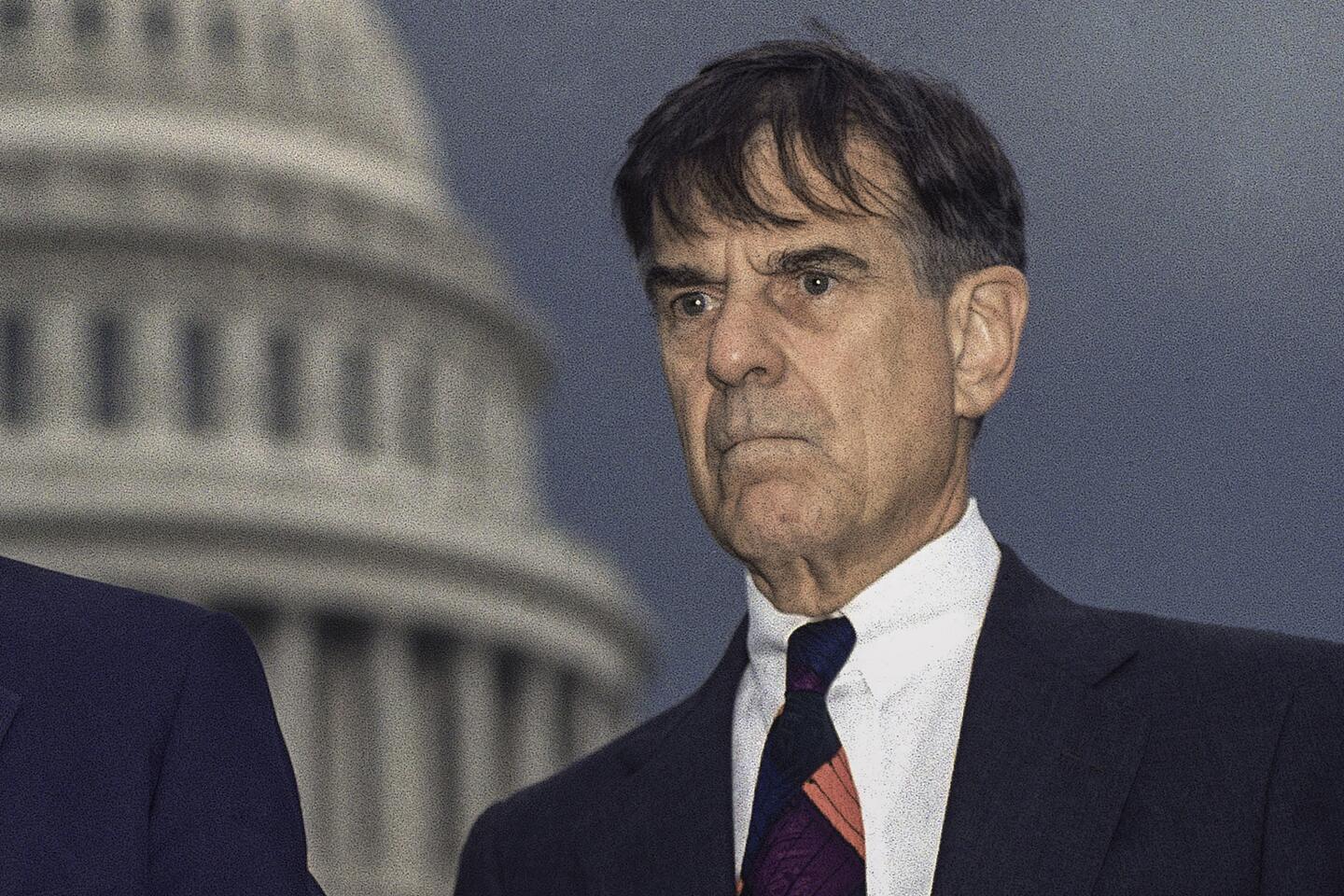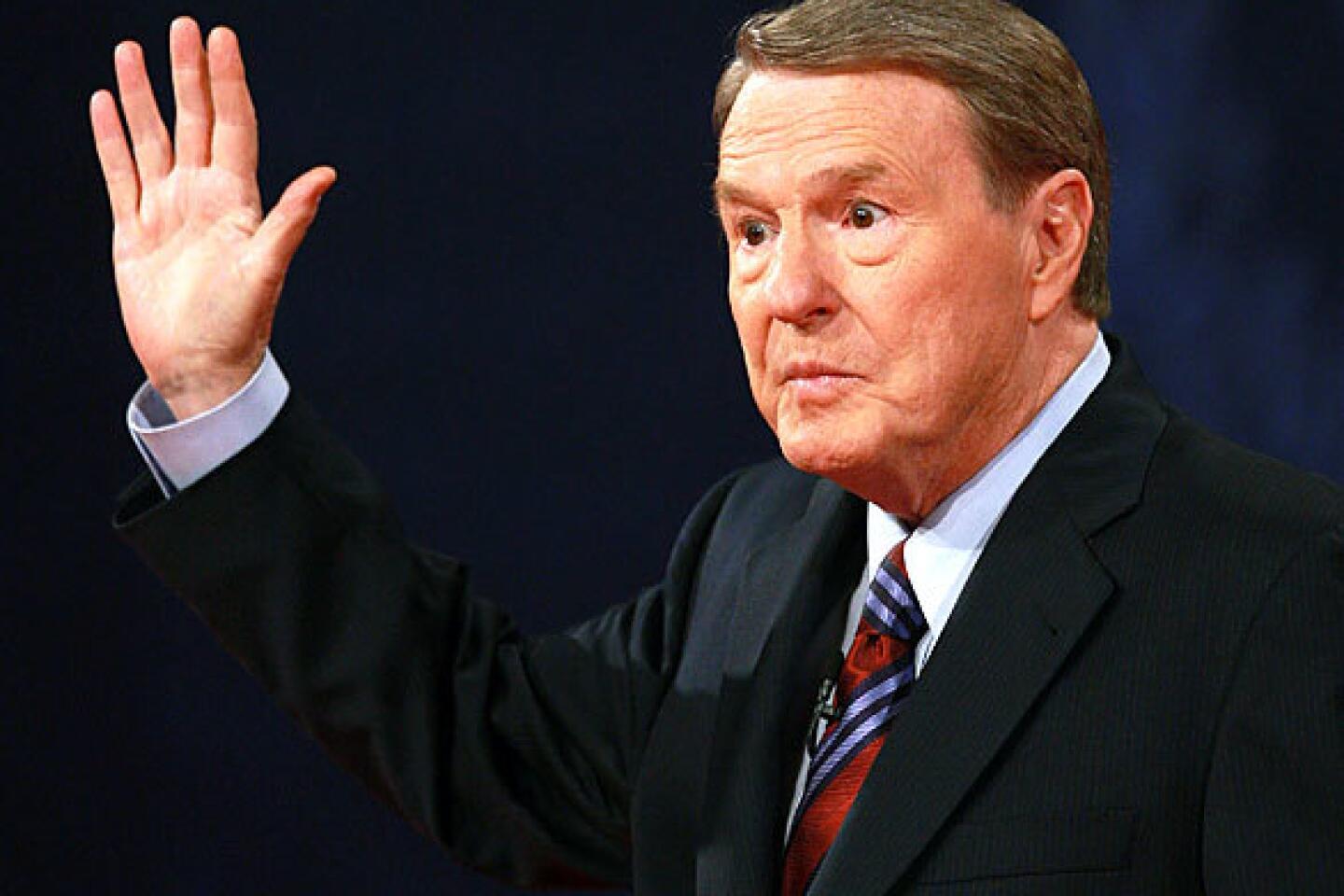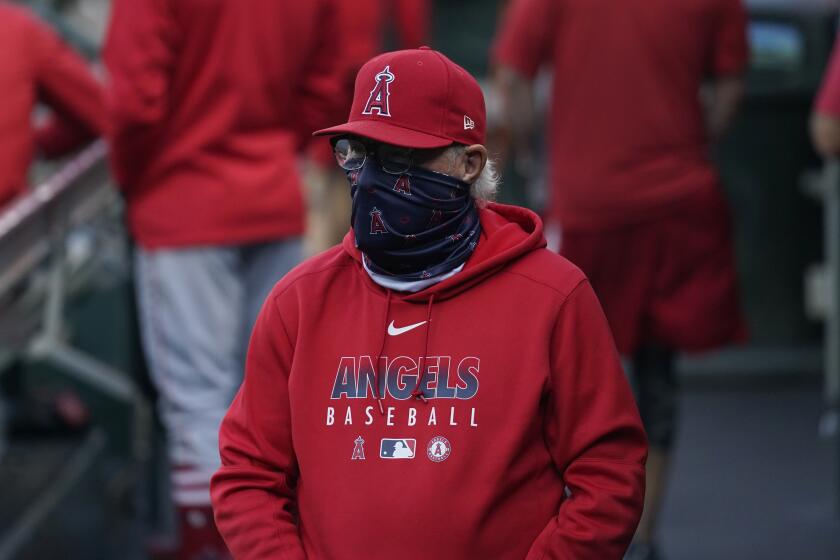Tom Seaver, the Hall of Fame pitcher who helped transform the expansion New York Mets from lovable losers to World Series champions in 1969, died Monday from complications of Lewy body dementia and COVID-19, the Hall of Fame announced. He was 75.
Seaver, nicknamed “Tom Terrific,” and “Mr. Met,” was a three-time National League Cy Young Award winner and 12-time All-Star who won 311 games, compiled a 2.86 ERA and threw 61 shutouts during a 20-year major league career that spanned from 1967 to 1986.
A 6-foot-1, 200-pound right-hander, Seaver used his distinctive drop-and-drive delivery and tree-trunk legs to generate the power and swing-and-miss stuff to strike out 3,640 batters, which ranks sixth on baseball’s all-time list. He made a record 16 opening-day starts, including 12 straight from 1968 to ’79.
Seaver and Walter Johnson are the only pitchers to record 300 wins, 3,000 strikeouts and a career ERA below 3.00. When he was elected to the Hall of Fame in 1992, Seaver was named on 98.8% of the ballots cast by members of the Baseball Writers Assn. of America, the highest voting percentage ever received at the time.
“I am deeply saddened by the death of Tom Seaver, one of the greatest pitchers of all-time,” baseball Commissioner Rob Manfred said in a statement. “Tom was a gentleman who represented the best of our national pastime.
“He was synonymous with the New York Mets and their unforgettable 1969 season. After their improbable World Series championship, Tom became a household name to baseball fans — a responsibility he carried out with distinction throughout his life.”
Born George Thomas Seaver on Nov. 17, 1944, Seaver grew up in farm country in Fresno, where his father was in the raisin business. He attended Fresno High School, where he was an All-City basketball player and a pitcher who was good enough to be recruited by USC.
Seaver went 10-2 as a sophomore at USC in 1965 and was drafted in the 10th round by the Dodgers, who chose not to meet Seaver’s asking price of $70,000.
In a report filed to the Dodgers in March 1965, then-scout Tommy Lasorda, the team’s future manager, wrote that Seaver “showed a real good fastball with good life and a slider type of curve,” adding that Seaver “has plenty of desire to pitch and wants to beat you.”
Seaver was obtained by the Mets in a special draft lottery in 1966 and was in the big leagues the following year, going 16-13 with a 2.76 ERA and 170 strikeouts and winning NL rookie-of-the-year honors.
He went 16-12 with a 2.20 ERA and 205 strikeouts in 1968, but the Mets, who began play in 1962, finished ninth among 10 NL teams, the seventh straight season they finished last or second to last.
Few expected the Mets to contend in 1969, the first year of divisional play, but Jerry Grote, a standout defensive catcher on the team, had an inkling they would.
1/25
Kobe Bryant, Ruth Bader Ginsburg, Sean Connery and more. (Los Angeles Times)
2/25
Rafer Johnson, winner of the 1960 Olympic decathlon gold medal, was a man whose legacy was interwoven with Los Angeles history, beginning with his performances as a world-class athlete at UCLA and punctuated by the night in 1968 when he helped disarm Robert F. Kennedy’s assassin at the Ambassador Hotel. Johnson lit the Olympic flame at the opening of the 1984 Summer Games in Los Angeles. He was 86.
(Mel Melcon / Los Angeles Times) 3/25
With his quick wit and easy smile,
Alex Trebek drove the game show “Jeopardy!” up the ratings charts and became a welcome television host in America’s living rooms. As the quiz show rolled through the decades, Trebek remained a comfortable fit — in a 2014 Reader’s Digest poll, Trebek ranked as the eighth-most trusted person in the United States, right behind Bill Gates and 51 spots above Oprah Winfrey. He was 80.
(Los Angeles Times) 4/25
Guitarist Eddie Van Halen’s speed and innovations along the fretboard inspired a generation of imitators as the band bearing his name rose to MTV stardom and multiplatinum sales over 10 consecutive albums. The streak made Van Halen one of the most successful bands in rock history, including two albums that reached diamond status (10 million copies sold): 1978’s debut “Van Halen” and 1984’s “1984.” He was 65.
(Wibbitz/Getty) 5/25
Justice Ruth Bader Ginsburg championed women’s rights — first as a trailblazing civil rights attorney who methodically chipped away at discriminatory practices, then as the second woman to serve on the Supreme Court, and finally as an unlikely pop culture icon. A feminist hero dubbed Notorious RBG, Ginsburg became the leading voice of the court’s liberal wing, best known for her stinging dissents on a bench that mostly skewed right since her 1993 appointment. She was 87.
(Kiichiro Sato / Associated Press) 6/25
Chadwick Boseman’s breakout role was playing Dodger Jackie Robinson in the 2013 sports biopic “42.” The next year, he made an electrifying lead turn as James Brown, the Godfather of Soul, in “Get on Up.” Then came the role that would change his career: As
Black Panther, the Marvel Cinematic Universe’s first Black superhero, Boseman became the face of Wakanda to millions of fans around the world and helped usher in a new and inclusive era of superhero blockbusters. He was 43.
(Jay L. Clendenin / Los Angeles Times) 7/25
Sumner Redstone outmaneuvered rivals to assemble one of America’s leading entertainment companies, now called ViacomCBS, which boasts CBS, Comedy Central, MTV, Nickelodeon, BET, Showtime, the Simon & Schuster book publisher and Paramount Pictures movie studio. Unlike contemporaries Rupert Murdoch and Ted Turner, Redstone was not a visionary, but rather a hard-charging lawyer and deal maker who pursued power and wealth through the accumulation of content companies. He was 97.
(Brian Vander Brug / Los Angeles Times) 8/25
Regis Philbin reigned for decades as the comfortable and sometimes cantankerous morning host of “Live,” first with Kathie Lee Gifford and later Kelly Ripa, above. He earned Emmy nominations by the armful, hosted New Year’s Eve specials, rode in parades, set a record for the most face-time hours on television and helped reinvigorate prime-time game shows with “Who Wants to Be a Millionaire.” He was 88.
(Charles Sykes / Associated Press) 9/25
Rep. John Lewis famously shed his blood at the foot of a Selma, Ala., bridge in a 1965 demonstration for Black voting rights, and went on to become a 17-term Democratic member of Congress. An inspirational figure for decades, Lewis was one of the last survivors among members of the Rev. Martin Luther King Jr.’s inner circle. He was 80.
(Mark Humphrey / Associated Press) 10/25
Country music firebrand and fiddler Charlie Daniels started out as a session musician, which included playing on Bob Dylan’s 1969 album “Nashville Skyline,” and beginning in the early 1970s toured endlessly with his own band, sometimes doing 250 shows a year. In 1979, Daniels had a crossover smash with “The Devil Went Down to Georgia,” which topped the country chart, hit No. 3 on the pop chart and was voted single of the year by the Country Music Assn. He was 83.
(Rick Diamond / Getty Images for IEBA) 11/25
Carl Reiner first came to national attention in the 1950s on Sid Caesar’s “Your Show of Shows,” where he wrote alongside Mel Brooks, Neil Simon and other comedy legends. He later created “The Dick Van Dyke Show,” one of TV’s most fondly remembered sitcoms, and directed hit films including “The Comic” (1969), starring Van Dyke; “Where’s Poppa?” (1970), starring George Segal and Ruth Gordon; “Oh, God!” starring George Burns and John Denver; and four films starring Steve Martin. He was 98.
(Associated Press ) 12/25
The flamboyant, piano-pounding Little Richard roared into the rock ‘n’ roll spotlight in the 1950s with hits such as “Tutti-Frutti,” “Long Tall Sally” and “Good Golly, Miss Molly.” The Georgia native’s raucous sound fused gospel
fervor and R&B sexuality, profoundly influencing the Beatles, James Brown (who succeeded him in one of his early bands), Jimi Hendrix (one of his backup musicians in the mid-’60s) and Bruce Springsteen. He was 87.
(Boris Yaro / Los Angeles Times) 13/25
Don Shula was the NFL’s winningest coach, leading the 1972 Miami Dolphins to the league’s only undefeated season. He coached the Baltimore Colts to one Super Bowl and the Dolphins to five, winning Lombardi Trophies after the 1972 and ’73 seasons. He was 90.
(ASSOCIATED PRESS) 14/25
Former Egyptian
President Hosni Mubarak crushed dissent for decades until the 2011 Arab Spring movement drove him from power. During his presidency, which spanned nearly 30 years, he protected Egypt’s stability as intifadas roiled Israel and the Palestinian territories, the U.S. led two wars against Iraq, Iran fomented militant Shiite Islam across the region and global terrorism complicated the divide between East and West. He was 91.
(Sameh Sherif / AFP/Getty Images) 15/25
Among his 40-odd films,
burly Brian Dennehy played a sheriff who jailed Rambo in “First Blood,” a serial killer in “To Catch a Killer” and a corrupt sheriff in “Silverado.” On Broadway, he was awarded Tonys for his roles in “Death of a Salesman” (1999) and “Long Day’s Journey Into Night” (2003). He was 81.
(Dia Dipasupil) 16/25
Singer-songwriter John Prine broke onto the folk scene in 1971 with a self-titled album that included two songs brought to broader audiences by Bette Midler and Bonnie Raitt: “Hello in There” and “Angel From Montgomery,” respectively. In 2019, he was elected to the Songwriters Hall of Fame. He was 73.
(Frazer Harrison / Getty Images for Stagecoach) 17/25
Country singer Kenny Rogers racked up an impressive string of hits — initially as a member of The First Edition starting in the late 1960s and later as a solo artist and duet partner with Dolly Parton — and earned three Grammy Awards, 19 nominations and a slew of accolades from country-music awards shows. Country purists balked at his syrupy ballads, but his fans packed arenas that only the titans of rock could fill. He was 81.
(Suzanne Mapes / Associated Press) 18/25
Xerox researcher Larry Tesler pioneered concepts that made computers more user-friendly, including moving text through cut, copy and paste. In 1980, he joined Apple, where he worked on the Lisa computer, the Newton personal digital assistant and the Macintosh. He was 74.
(AP) 19/25
Ski industry pioneer Dave McCoy transformed a remote Sierra peak into the storied Mammoth Mountain Ski Area. Over six decades, it grew from a downhill depot for friends to a profitable operation of 3,000 workers and 4,000 acres of ski trails and lifts, a mecca for generations of skiers and boarders. He was 104. (Genaro Molina / Los Angeles Times)
20/25
Screen icon
Kirk Douglas brought a clenched-jawed intensity to an array of heroes and heels, receiving Oscar nominations for his performances as an opportunistic movie mogul in the 1952 drama “The Bad and the Beautiful” and as Vincent van Gogh in the 1956 drama “Lust for Life.” As executive producer of “Spartacus,” Douglas helped end the Hollywood blacklist by giving writer Dalton Trumbo screen credit under his own name. He was 103.
(Annie Wells / Los Angeles Times) 21/25
“Queen of Suspense”
Mary Higgins Clark became a perennial best-seller, writing or co-writing “A Stranger Is Watching,” “Daddy’s Little Girl” and more than 50 other favorites. Her sales topped 100 million copies, and many of her books, including “A Stranger is Watching” and “Lucky Day,” were adapted for movies and television. She was 92.
(Associated Press) 22/25
Fred Silverman was the head of programming at CBS, where he championed a string of hits including “The Mary Tyler Moore Show,” “All in the Family,” “MASH” and “The Jeffersons.” Later at ABC, he programmed “Laverne & Shirley,” “The Love Boat,” “Happy Days” and the 12-hour epic saga “Roots.” He was 82.
(Associated Press) 23/25
Former California
Rep. Fortney “Pete” Stark Jr. represented the East Bay in Congress for 40 years. The influential Democrat helped craft the Affordable Care Act, the signature healthcare achievement of the Obama administration, and also created the 1986 law best known as COBRA, which allows workers to stay on their employer’s health insurance plan after they leave a job. He was 88.
(Associated Press) 24/25
News anchor
Jim Lehrer appeared 12 times as a presidential debate moderator and helped build “PBS NewsHour” into an authoritative voice of public broadcasting. The program, first called “The Robert MacNeil Report” and then “The MacNeil-Lehrer Report,” became the nation’s first one-hour TV news broadcast in 1983. Lehrer was 85.
(David McNew / Getty Images) 25/25
Terry Jones was a founding member of the Monty Python troupe who wrote and performed for their early ’70s TV series and films including “Monty Python and the Holy Grail” in 1975 and “Monty Python’s Life of Brian” in 1979. After the Pythons largely disbanded in the 1980s, Jones wrote books on medieval and ancient history, presented documentaries, wrote poetry and directed films. He was 77.
(Associated Press) “He told Seaver in spring training that we can win this thing,” Rod Gaspar, a reserve outfielder on the 1969 Mets and a longtime Mission Viejo resident, told The Times last summer. “He had tremendous confidence in our pitching staff.”
That faith was warranted. Seaver, the 24-year-old ace of a staff that included Jerry Koosman and Gary Gentry, went 25-7 with a 2.21 ERA and 208 strikeouts. He threw 18 complete games, five of them shutouts. He came within two outs of a perfect game against the Chicago Cubs on July 9 and won his first Cy Young Award.
“He turned us from a laughingstock to a competitive team,” Ed Kranepool, who played first base for the 1969 Mets, told reporters Thursday. “He was that one player who, every time he took the mound, you knew we’d be a competitive team.”
The Mets, 10 games back on Aug. 13, went 38-11 over their final 49 games to finish 100-62 and win the NL East, accruing the monikers “Miracle Mets” and “The Amazins’ ” along the way. They swept Atlanta in the NL Championship Series and upset the Baltimore Orioles in a five-game World Series, with Seaver throwing a complete game in a 2-1, 10-inning Game 4 win.
“Baseball lost the best pitcher of my era,” Jim Palmer, the Hall-of-Fame right-hander who pitched for the Orioles from 1965 to ‘84, tweeted Wednesday.
Seaver, who wore No. 41, led the Mets rotation for 12 years. During a nine-inning game against the San Diego Padres on April 22, 1070, Seager struck out 19 batters, including the last 10 in a row, in a 2-1 Mets victory.
He was a New York City celebrity on par with Joe Namath, the quarterback who led the New York Jets to the Super Bowl title nine months before the Mets won their championship, and basketball star Walt Frazier, who led the New York Knicks to the 1970 NBA title.
Seaver was idolized by kids in the tri-state area, where aspiring pitchers from New Jersey to New York to Connecticut mimicked his motion, being sure to produce a dirt patch on the right knee of their uniform pants from grazing the mound, a Seaver hallmark.
“When you played behind Tom Seaver, you were playing behind greatness, and you saw it almost every time,” Ron Swoboda, right fielder for the 1969 Mets, told reporters Thursday. “And you knew when he was out there, the ball was not going to be flying all over the park, you’re not going to have to make a lot of great catches, even though I made the greatest catch of my career in Game 4 of the 1969 World Series when Seaver was pitching.”
New York, in a rebuilding mode, traded Seaver to Cincinnati on June 15, 1977, a deal that brought many Mets fans to tears. Seaver spent parts of six seasons with the Reds, three with the Chicago White Sox and one with the Boston Red Sox, throwing a no-hitter against the St. Louis Cardinals in 1978.
“My idea of managing,” former Reds manager Sparky Anderson once said, “is giving the ball to Tom Seaver and then sitting down and watching him work.”
Seaver spent some of baseball’s offseasons biking through France’s wine country with his wife, Nancy, and he lived his last two decades on his vineyard in Napa Valley, selling wine under the GTS (George Thomas Seaver) label.
In March 2019, Seaver’s family announced that he had been diagnosed with dementia and chose “to completely retire from public life.” Three months later, 15 players from the 1969 team were honored at Citi Field during a 50th anniversary celebration of the Mets’ first title.
Seaver could not attend, but he was there in spirit and in name.
The Mets changed the address of Citi Field to 41 Seaver Way.
Staff writer Bill Shaikin contributed to this report.
